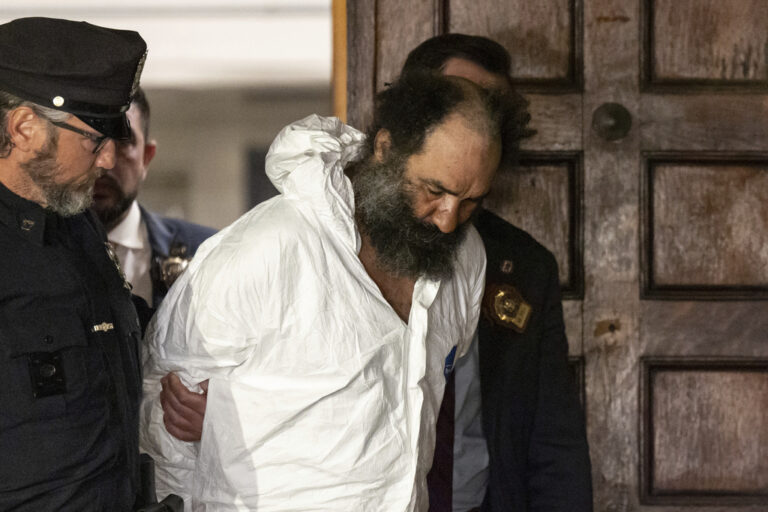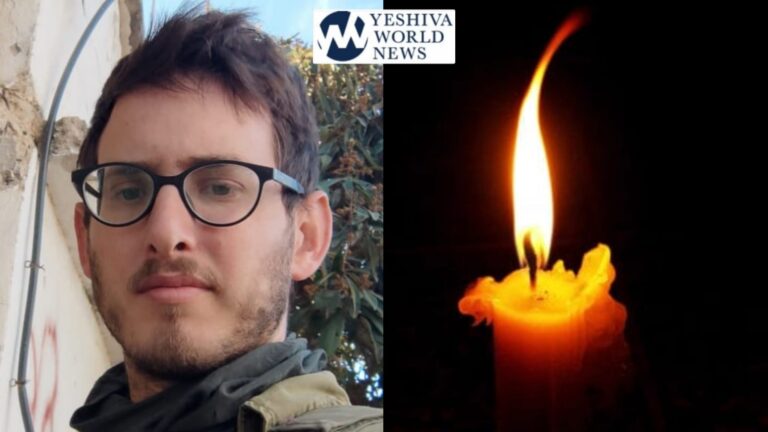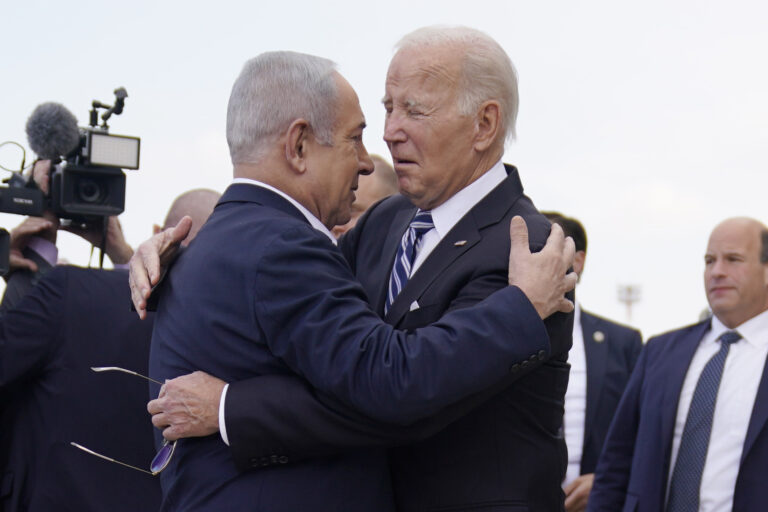Agudath Israel of America has submitted an amicus curiae brief to New York State’s highest court, the Court of Appeals, in a case involving a legal challenge to the ceremony of “Kaporos”, which is practiced by segments of the Orthodox Jewish community prior to the Jewish holiday of Yom Kippur, and involves the slaughter of a chicken as part of the ritual.
In the case, Alliance to End Chickens As Kaporos, et al, v. New York City Police Department, et al., the Alliance asks the court to order New York City authorities, in particular the Police Department, to prohibit the use of chickens in the Kaporos ceremony. New York City has declined to prohibit the ceremony, and the lower court ruled that it was within the City’s legal discretion to choose to not prohibit the use of chickens in the Kaporos ceremony.
One of the main arguments of the Alliance is that because many Jews use money rather than chickens for this ritual, it is therefore not religiously required to use chickens and the use of chickens is therefore not protected as a matter of freedom of religion. Indeed, one of the judges in the lower court, in his dissent, specifically stated that because “other Orthodox Jewish communities use coins in place of live chickens”, the slaughter of chickens was not “necessary to carry out the religious ritual.”
Agudath Israel takes strong issue with this contention in its brief. The fact that there are Orthodox Jews who practice Kaporos using money does not mean that those who wish to use chickens do not have the constitutional right to observe the ritual as their religious beliefs dictate. The brief points out that the use of chickens for Kaporos is a long-standing Jewish custom that has been practiced by many Orthodox Jews. The Shulchan Aruch, the major Code of Jewish law, states explicitly that the use of chickens for Kaporos is an “ancient custom”,
The brief argues that the Free Exercise Clause of the United States Constitution (and the free exercise clause of the New York State Constitution), which protects freedom of religion, is “not limited to beliefs which are shared by all of the members of a religious sect.” The brief, citing numerous Supreme Court cases on this point, argues that it is simply not for the courts to determine whether the practitioners of Kaporos should use money or chickens, and that those who wish to use chickens have the constitutionally protected right to do so.
Agudath Israel thanks the First Liberty Institute for its great assistance in arranging for the preparation of the brief, and attorneys Jason Levine, Christian Sheehan, Ari Berman, and Laurel Fensterstock of the law firm of Vinson & Elkins LLP for researching and writing the brief.
(YWN World Headquarters – NYC)












3 Responses
how can a judge decide religious law? aren’t there rules against a judge deciding what’s a religious obligation? I would think that’s at the heart of the issue. think I read “Such an intrusion by the courts into religious doctrine and practice is constitutionally prohibited”
Yasher Koach to the Agudah.
If they banned kapporos with chickens, I would be fuming.
If they decided to regulate kapporos with chickens, I would be very happy.